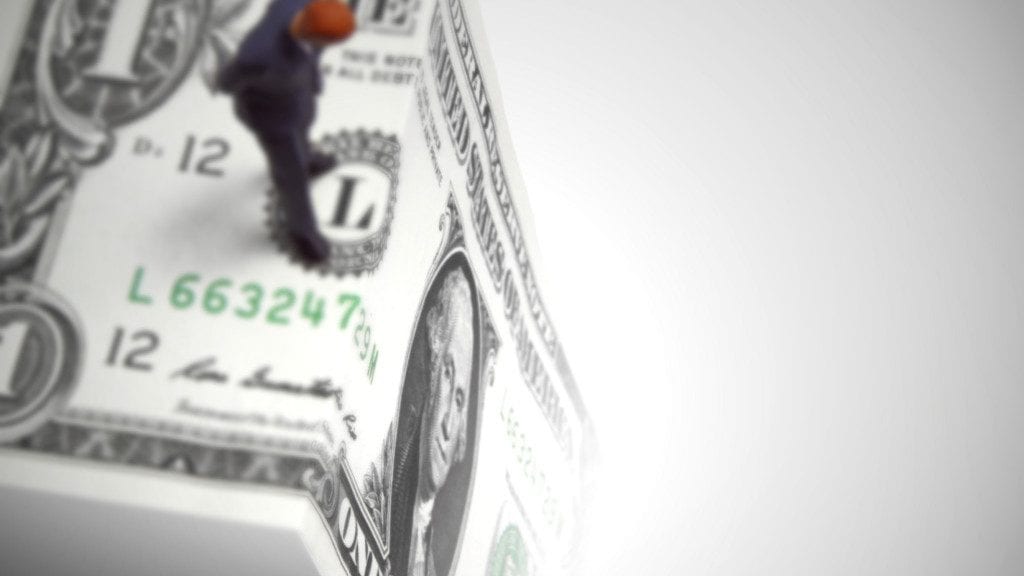- browse by category
- Audit Assistance
- Business and Taxes
- Celebrities in Tax Debt
- Cryptocurrency Taxes
- Economic News
- Foreign Banking
- Innocent Spouse
- IRS debt settlement
- IRS Headlines
- IRS Wage Garnishment
- Marriage & Divorce
- Payroll Tax
- Retirement
- Revenue Officers
- State Tax Headlines
- Stop IRS Debt
- Success Stories
- Tax and Politics
- Tax Attorney
- Tax Codes
- Tax Debt Help
- Tax Evasion
- Tax Levy
- Tax Lien
- Tax Payment Plans
- Tax Return Filing
- Tax Tips

If there was any time when Washington D.C. politicians were tested to on their deal-making abilities, that time is now. The so-called “Fiscal Cliff” is set to kick in on Jan. 1, 2013. Why is it called the fiscal cliff? Because that’s when the tax cuts enacted by former President Bush expire. They had a ten-year period, and were extended for a couple years by President Obama.
Washington Sputters On Big Tax Compromise
But it’s also called that because that’s when billions of dollars in spending cuts to the federal budget are set to kick in. At a time when the nation’s economy is on the mend from an economic crisis, the spending cuts could have an impact.
Post-Fiscal Cliff Impacts
If there’s any sure thing to come out of a deal to avoid the Fiscal Cliff, it’s that the rich will see tax increases. President Obama has long advocated for increasing taxes on individuals making more than $200,000 a year, and households earning more than $250,000 annually. Those income earners comprise the top two percent of U.S. taxpayers.
While Republican Party politicians have consistently balked at raising taxes at all, some Republicans in Congress have made statements that raising taxes on the top two percent will have to happen. That’s giving hope to political observers that an overall deal could be struck.
The political calculus is also interesting. Some political analysts say that if anyone has a “bullet in his gun” ready to go, it’s President Obama. Tax rates are set to automatically increase on everybody on Jan. 1. The president won reelection based on a platform of keeping the tax cuts in place for 98 percent of taxpayers.
If They Can’t Strike a Deal
If a deal isn’t struck with Republicans, Obama would likely claim that taxes on everybody went up because of Republicans. After all, they objected to tax increases on the top two percent. Whether the spending cuts spur the President and Congressional Democrats to make a deal will with Republicans will have to be seen.
Post-Fiscal Cliff and You
It doesn’t matter whether you’re in the top two percent or in the 98 percent. The taxes you owe to the IRS don’t go away with time. Back taxes grow with time, as the interest and penalties make that financial situation worse by the day. But working with a tax professional is the best way to increase your chances of avoiding a wage garnishment or bank levy and avoiding your own fiscal cliff.
Leave Comments

Top Tax
secrets revealed
Sign up for our newsletter and be the first to find out when exciting IRS news happens. Yes, exciting. We're really into taxes.


